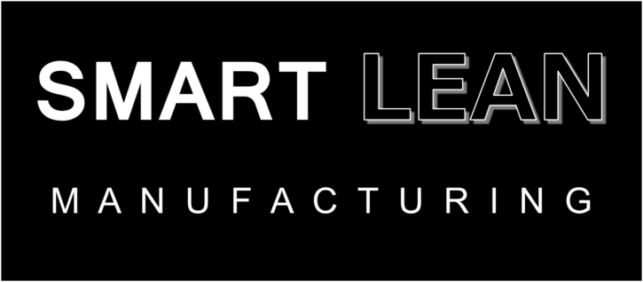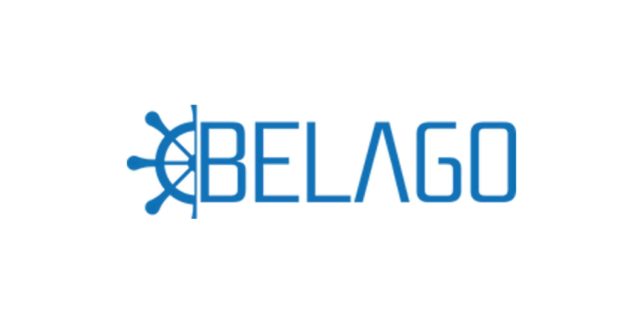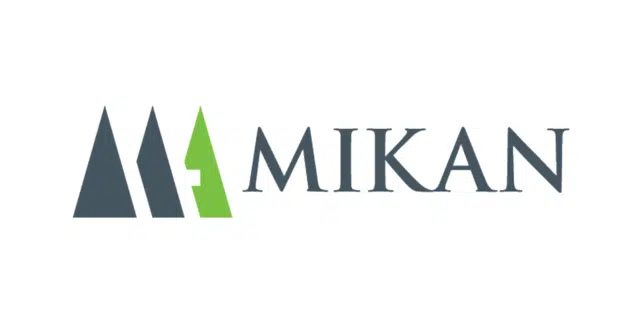The Startup that Plans to Make All Factories in Israel More Efficient
Indutrial manufacturing today goes through a “fourth revolution”, connecting the production floors to the digital world and to Big Data; Companies in Israel, that implemented the solution of LeaderMES are reporting better manufacturing control and improvement in productivity and sales
Ora Koren, 29 August 2017
What do Plasim, Emilia Cosmetics, Netafim, GE and Coca-Cola have in common? They are all in the process of adopting the “Forth Industrial Revolution” – the one that connects the physical activity on the plant – to the Tech industry.
This revolution does not involve placing robots on once labor-intensive manufacturing lines. That’s been in process since the Third Industrial Revolution, ever since the advent of computers on the production floor, starting in the 1970s. This revolution involves digitizing the manufacturing production floor – starting with R&D all the way through production and marketing and up until contact with customers – and doing so with large databases. Add to this Next-Gen robots that can undertake more complex operations. This digitization enables unprecedented control of the production process, optimization and productivity. All of these directly translate into profitability that affects the bottom line.
This revolution involves the collection of data along the line spanning the development, production and sales stages of the process, and it does so with the use of sensors. This data becomes digital and is crossed against other relevant Big-Data databases across the world. Advanced software applications make it possible to derive insights and recommendations for optimization anywhere along the production line.
What makes this data revolution more accessible now than ever before is the drastic reductions in the costs of data storage, data processing, sensors and data cloud infrastructures. These cost adjustments now allow SMEs to adopt the tools of the Fourth Industrial Revolution to boost productivity.
The revolution is being pushed further thanks to other swift complementary technological advances including AI, Smart Algorithms, revolutionary Human-Machine Interaction tools including touchscreens, Next-Gen robots, and 3D printing (additive manufacturing).
According to a 20`7 study conducted by Deloitte, Industry 4.0 is expected to cut 20%-50% of inventory costs, increase productivity of technical professionals by 45%-55%, reduce machine downtime due to failure by 30%-50%, reduce maintenance costs by 10%-40%, improve demand forecasting by 75%, expedite product time to market by 20%-50%and add 3%-5% to productivity. According to their findings, Deloitte estimates that if Industry 4.0 practices were implemented in every sector of Israel’s economy, it would bring about an annual contribution of 25 Billion NIS by 2025.
Instant Machine Failure Reporting
LeaderMES is an Israeli tech start-up company deeply involved in bringing Industry 4.0 to industrial companies in Israel and worldwide. The Haifa-based company was founded by Amir Aloni and has 20 workers. LeaderMES has raised approx. 3 million USD from private investors and is currently undertaking another round of raising funds as part of its efforts to expand overseas. Aloni claims that the company is growing fast, increasing revenue by 80%-100% every year.
The company has developed a secure software that can be installed with relative ease which offers control of the production floor using sensors attached to the machines. The sensors communicate in real-time and alert against machine failures, so that the problems can be addressed and corrected without delay. LeaderMES estimates that it connects to the platform an average of four new customers a month. Its customer base currently includes, among others, Cisco, Emilia Cosmetics, Plasim and Tefen Consultancy.
According to Aloni, LeaderMES-founder, the software package enables customers to monitor their production lines effortlessly and in very near-time in the service of maximizing output. It is used to identify and correct processes with ease, and it has helped customers save millions per year on machinery, energy, raw materials and inventory. It supports transparency and visibility thus facilitating responsivity in the plant, making it more able to respond and adjust to changes.
LeaderMES collects data from the production lines by using secure cloud technologies and a unique point of connection to machinery. Moreover, the software structures the data to make it meaningful and useful that can be actively employed to pursue improvements in production processes. The system has a main control screen that is usually used by CEOs and other CXOs, and secondary control screens that are used by midlevel managers. These control screens continuously monitor the activity of the production activities and give managers the tools to control their area of responsibility. Data collected and processed by the system supports faster decision-making by clearly indicating what steps would increase productivity and optimize resources.
“We work mainly with traditional industry”, say Aloni, explaining that the software includes a Cisco router co-developed with Cisco that is positioned on the production floor and loaded with LeaderMES software. The router collects data from controllers / PLCs connected to the production line and pushes the data to the cloud. The router employs proprietary technology to ensure data security, according to the company. “We have the ability to install the system extremely quickly, because we don’t require special wiring or special permits”, says Aloni. “The cost of implementing LeaderMES in a factory of 15 machines could be under 1,000 USD per month”.
Process improvements are expected almost immediately after launching the system as a result of merely being able to better synchronize activity in the factory. “Everyone can understand what needs to be done and at what rate,” says Aloni. “Machine operators and managers, each have a separate, dedicated mobile app that allows them to communicate with one another through the cloud and issue calls to action. Adding, “Operators, for their part, can immediately report difficulties they are encountering.”
According to Aloni, digitizing production makes it possible to make informed decisions based on real-time data in order to improve performance. “If I see that a machine is working at a rate that is too slow, I can fix that immediately,” he says. “Or if I see a spike in the number of rejected units – this can be immediately addressed to actively seek out the source of the problem and correct it.”

“Worker Motivation has Greatly Improved”
Emilia Cosmetics is a supplier of cosmetics for the private labels of WalMart and SuperPharm. The company develops and produces cosmetics and it has recently installed LeaderMES in its packaging department for a trial pilot. According to David Ifrach, director of the department of process engineering at Emilia Cosmetics, it is too early a stage to attest to increases in optimization or profitability, but there has certainly been a marked improvement in management capabilities.
“I receive KPIs for my workers’ effectiveness and can run comparisons across shifts. I know how long every machine failure lasted, drilldown on the data and make an informed decision whether to invest resources in order to correct the problem”, Ifrach says.
“We began working with the system in early March 2017. At first, we thought to connect only one machine, but a discussion with our CEO, we decided to connect 5 machines. After that, once we ‘had eyes’ on the production floor, we suddenly started to understand what was actually happening in our packaging area.”
The workers, who had returned to work after a two-week workers’ strike that was terminated after an improved work contract was signed, are cooperating with the system’s implementation. “The system [LeaderMES] empowers them,” Ifrach remarks. “It has really brought about an improvement in worker motivation, because they see that when they report a malfunction, it is immediately addressed,” explains Ifrach. At the next stage, all of the parts of the plant will be connected to LeaderMES, including all of the packaging units.
“With the same resources – we now produce more”
Kobi Friedrich, CEO and owner of Plassim – a manufacturer of plastic pipe fittings for water and fiber optic pipes, has been using LeaderMES for a year. Friedrich sheds some light on LeaderMES’s business model. Implementation of LeaderMES includes a one-time expense to cover installation and a monthly fee that covers use and technical support. “Over the past two months, we expanded and upgraded our software package to a newer version, that includes tablets which are connected to every machine, that run on the software’s newest version.”
Friedrich explains that industrial companies need to be very calculated with their expenses, in order to be efficient and competitive, which LeaderMES supports. “The only measure that I can control is efficiency,” he says. “Every machine now has a tablet that clearly displays the percentage of material efficiency, and relevant KPIs. The production manager sees the same information at his computer, while I now have the ability to oversee data displayed on simple graphs which gives me the ability to make decisions very quickly.” He adds, “Without LeaderMES, it would take us years to figure out that one of our machines is less efficient.”
Friedrich summarizes, “Implementing LeaderMES has increased our sales because we are now able to produce more with the same resources.”
[Traslation: Sara Halper]





